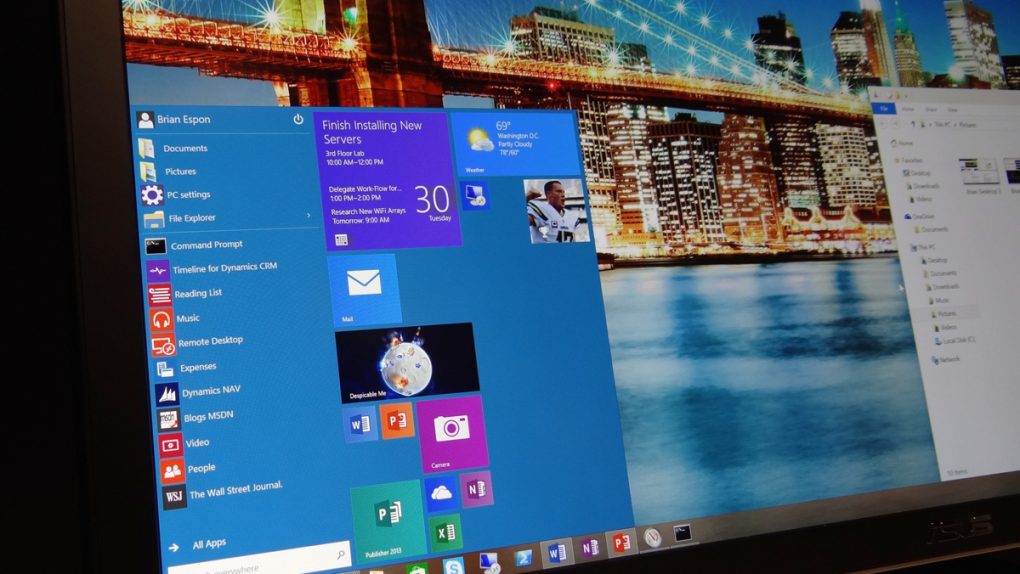Ever since Windows 10 launched back in July, one topic of conversation has overshadowed everything the new operating system does right: privacy concerns. Everyone with a Windows device is (rightfully) terrified that Microsoft is monitoring everything they do, so on Monday, Microsoft decided to finally issue an official response in order to clear the air.
READ MORE: Solve two common Windows 10 problems with one great feature
In a blog post on Windows.com, Microsoft executive VP Terry Myerson has taken the first step to earning back the trust of the individuals who are concerned about their privacy in regards to Windows 10.
He noted that the data Microsoft collects “is encrypted in transit to our servers, and then stored in secure facilities.” He then went on to list the three ways that Microsoft thinks about this data.
First up is data used for safety and reliability, such as anonymous device ID, device type and crash logs. No content or files from your computer are included in this data, and Myerson says that company takes pains to ensure that none of the data could be used to identify a user.
Next is personalization data, which is how the system learns about your interests and habits in order to cater the experience to specifically to you. Cortana is part of this equation, but as Microsoft notes, you have the ability to tell the OS what you are and aren’t comfortable with it collecting.
Finally, Microsoft wants users to know that “no matter what privacy options you choose, neither Windows 10 nor any other Microsoft software scans the content of your email or other communications, or your files, in order to deliver targeted advertising to you.”
It’s not everything we wanted to hear, but I’m happy to see that Microsoft is dealing with the unfortunate Family Settings that sent automatically sent activity reports to parents. On the other hand, the company still hasn’t explained why we aren’t able to see patch notes after major updates to the software.
It’s great to see that Microsoft has heard the complaints from its user base and is still open to suggestions thought the Windows Feedback app, but I’m not sure this will be enough to convince cautious Windows 7 or Windows 8 users to upgrade to Windows 10 right away.
It’s a step in the right direction, but not nearly far enough. Hopefully this is just the first of many transmissions from Microsoft regarding privacy and the future of Windows 10.




